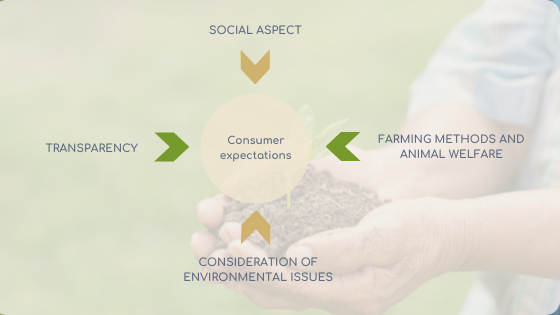
Dairy product consumption: does CSR affect people’s choices when shopping?
Sustainable development is currently central to the concerns of a growing number of European consumers. It is intimately tied to corporate social responsibility (CSR), in other words a company’s ability to take into account environmental, social, economic and ethical issues in practice. For the dairy sector, CSR offers a positive response to new market trends.
Dairy product market in Europe
Dairy product consumption across the globe is increasing by 2.5 % each year[1], an upward trend that is driven by emerging countries. The European Union is the second largest market in the world after the United States. The dairy sector is also the second largest food category in Europe, with the largest number of new launches dating from between 2016 and 2020[2]. The various labels controlled by independent organizations attest to the high quality of dairy products: PDO (Protected Designation of Origin), PGI (Protected Geographical Designation), TSG (Traditional Specialty Guaranteed), and Organic Farming. Because it provides a framework for good practice, CSR (which is defined in the international ISO 26000 standard) is a significant step in the direction of the consumer. In this respect, the EU is ahead of the rest of the world and the dairy sector is a particularly good example of that. The strict CSR regulatory framework and strong social pressures surrounding dairy products are pushing manufacturers to modify their practices, be transparent towards consumers and sometimes even be proactive by anticipating new laws.
Local and sustainable, strong trends
67 % of Europeans are making greener and more sustainable choices, it is apparent that it is no longer being organic but being local that has become the chief consideration
The dynamism of the organic market in the European Union proves that products that are kind to the environment and to health appeal to consumers: the organic sector established a new record in 2019 when it reached the 45 billion euro mark (+8 %), making the EU the second largest organic market after the US. The health crisis, however, marked a shift in priorities: if 67 % of Europeans are making greener and more sustainable choices, it is apparent that it is no longer being organic but being local that has become the chief consideration. During the Covid-19 pandemic, 81 % of customers bought closer to home and supported local businesses[3]. This is an ongoing trend: for consumers, local products are synonymous with fairer remuneration for farmers, respect for the environment and greater transparency – and also, therefore, a more positive impact on health.
CSR and the demands of consumers

But it is environmental expectations that hold the most sway
Consumers are more concerned about social issues than ever before: for example, 60 % of French people say they are willing to pay more for a product so that farmers get more money, and 50 % of Germans say they are willing to pay a little more for products and services produced by companies that pay fair wages. Animal welfare and farming conditions are also criteria that influence purchasing choices. The use of antibiotics is an issue to which public opinion is particularly sensitive – transparency on this subject is one of the strongpoints of the dairy industry in France. But it is environmental expectations that hold the most sway: 56 % of European consumers say that environmental concerns influence their purchasing decisions. Moreover, 67 % of these say that they buy products that are better for the environment even when more expensive.
CSR is no longer just an advantage – it is indispensable
Similarly, reluctance to accept the use of fertilizers is pushing the sector to move more towards pasture milk, not to mention organic milk, especially in Germany, Ireland and the Netherlands. Faced with eco-conscious consumers, 90 % of whom expect brands to show respect for the planet and enable them to be better consumes[4], CSR is no longer just an advantage – it is indispensable. Reducing the carbon footprint, preserving water resources, monitoring the impact of production and communicating transparently with consumers are issues that are particularly well addressed by the dairy industry, and are the cornerstones of LACTALIS and LACTALIS Ingredients CSR policy.
References:
[1] Source: International Dairy Federation.
[2] Interreg Atlantic Area report and AHFES, Dairy sector: European market, consumer trends and innovation, May 2021.
[3] Key Consumer data 2021 – European Union
[4] Oney and Opinion Way study, 2021.















